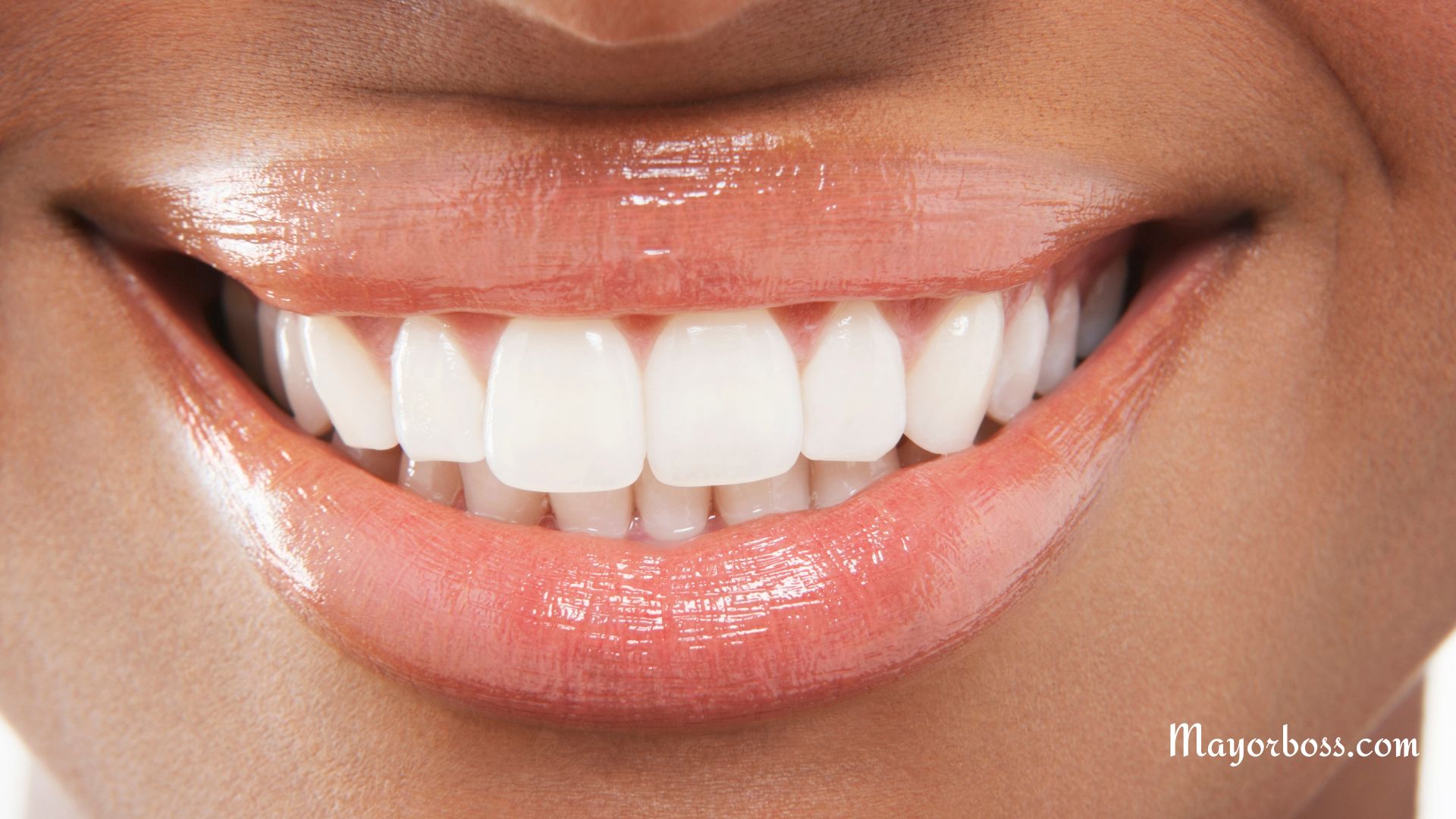Are Teeth Considered Bones?
Have you ever wondered if your teeth are bones? After all, they’re hard and white, and they emerge from our jaws. But here’s a surprising fact: teeth are not bones. Yes, they share some similarities, but they’re quite distinct in their composition and function. Let’s take a look at why teeth are not bones.

Composition of Teeth vs. Bones
Enamel and Dentin vs. Bone Tissue
- Teeth: Your teeth are made up of enamel, dentin, and pulp. Enamel, the hardest substance in your body, covers the outer layer of your teeth. Beneath it lies dentin, which is also hard but not as tough as enamel. Inside, there’s the pulp, containing nerves and blood vessels.
- Bones: Bones, on the other hand, are living tissues. They are primarily made of a matrix of collagen fibers (a type of protein) and calcium phosphate, a mineral that hardens the bone.
Living Tissue and Regenerative Ability
- Bones: Being living tissues, bones have a remarkable regenerative ability. They can repair and remodel themselves throughout your life.
- Teeth: Teeth lack this ability. Once enamel or dentin is damaged, it cannot regenerate itself, which is why dental care is so crucial.
Functions: Structural Support vs. Chewing and Speaking
Primary Functions
- Bones: They provide structural support, protect internal organs, and aid in movement by attaching to muscles.
- Teeth: Designed for chewing and speaking, teeth play a crucial role in the digestive system and in communication.
Growth and Development
- Bones: Bones grow and change shape throughout your life.
- Teeth: Teeth, once fully developed, do not change in shape or size.
Blood Supply and Nerve Endings
Sensitivity and Blood Flow
- Bones: Although bones do contain nerve endings and blood vessels, they are less sensitive than teeth.
- Teeth: The nerves in your teeth make them highly sensitive, especially to temperature and pain.
So, while teeth and bones share some common features, like being hard and containing calcium, they are fundamentally different in structure, composition, and function. Remember, this distinction is why dental care is specialized and why teeth can’t heal themselves like bones do.
Frequently Asked Questions About Teeth and Bones
- Can teeth heal themselves like bones? No, teeth cannot heal themselves like bones. Once tooth enamel or dentin is damaged, it cannot regenerate. This is why preventing damage and maintaining dental health are so important.
- Why are teeth not considered living tissue? Although the pulp inside your teeth is living tissue, the enamel and dentin are not. Enamel, the hardest substance in your body, lacks living cells, making it unable to regenerate like bone tissue.
Understanding the distinction between teeth and bones highlights the importance of specialized dental care and why we must protect our teeth, as they don’t have the same self-healing properties as our bones.






